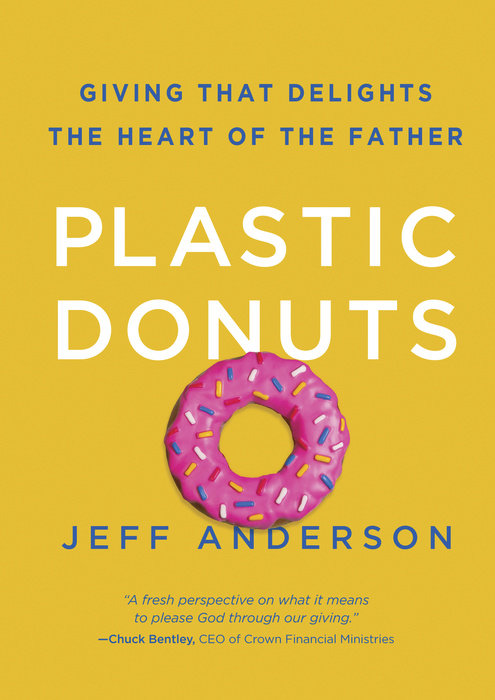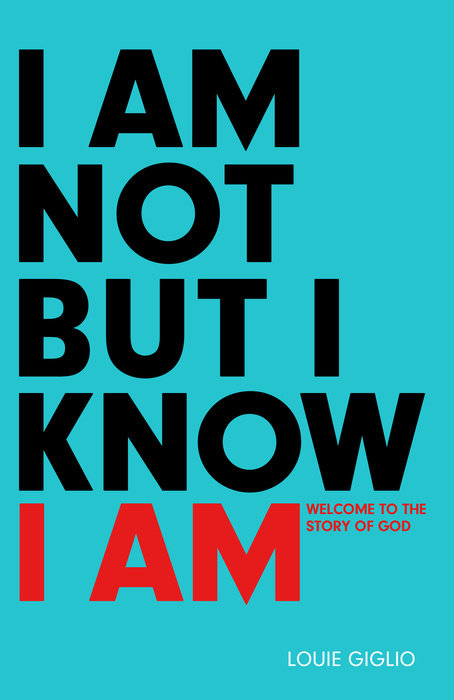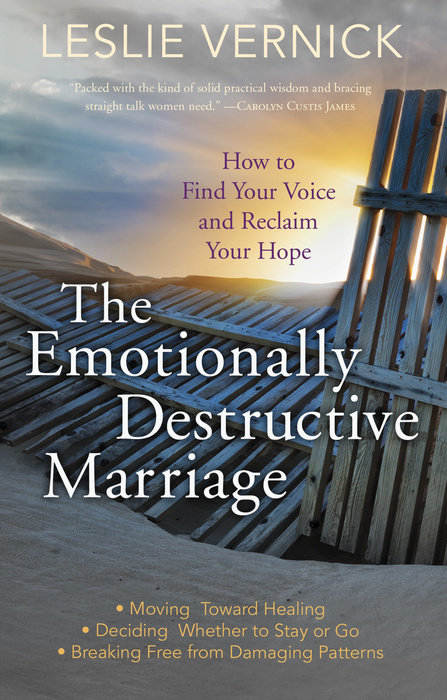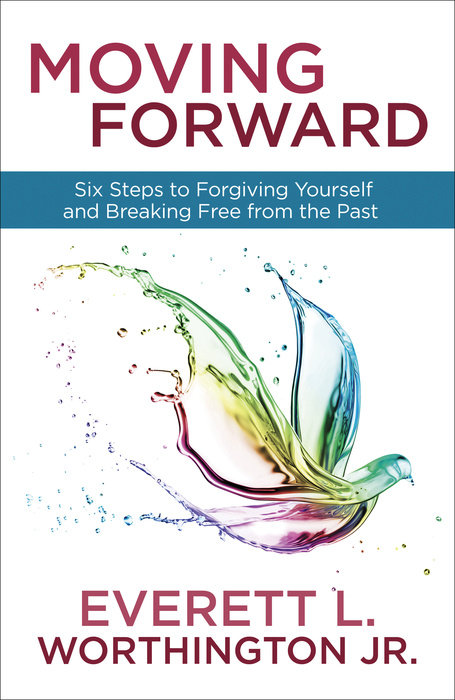Adonai: Lord and Master
Adonai is a Hebrew name for God meaning “master, ruler, owner, lord.” It is the generic term for lord in Hebrew. It is first seen in Scripture when Abram, longing for an heir, cries out to God in Genesis 15:2. Abraham called out to God as his Master. He looked to Him in prayer through confusing circumstances. He connected his hopes to Adonai and revered Him as the One who held the answers to life in His hands. You and I should do the same. When we accept God as Mastersovereign over allthen He becomes greater and we become less. When we get to know God as our Adonai, we will become more inclined to seek Him and revere Him in appropriate measures to His glory.
How have you called out to God as your Adonai?
Excerpted [ … ]
Our Smallness
The truth is, feeling small may not be so bad after all, if in recognizing our smallness, we come to realize the wonder of Goda God who is beyond our ability to fully describe or imagine, yet Someone we are privileged to know, love, and embrace. Looking up from our fragile little lives, we are faced with the supremacy of a God who is fully capable of not only running the entire cosmos todaya task that doesn’t tax Him in the slightestbut of sustaining the affairs of our lives as well.
Excerpted from I Am Not But I Know I AM by Louie Giglio
Daily Reflection: How can you take comfort in Gods supremacy today?
Loving Others, Avoiding Resentment
“One of the things that kills empathy and compassion for someone we once felt love toward is the buildup of negative emotions, especially resentment. Jesus knows that when we’re struggling with the effects of a person’s sin against us, we will feel angry, scared, and hurt. That is human and normal. But when the person who has hurt us is not sorry, or continues to hurt us again and again, our negative emotions grow and resentment builds, putting a choke hold on all our positive feelings. I believe that is one reason why the Bible commands us to forgive when someone hurts us and why Jesus tells us to love our enemy by doing him or her good. It’s not only for their benefit but for ours, so that we don’t fill up with resentment and become toxic.
Doing good [ … ]
To Know God
Christianity is not just about adhering to a set of doctrines (although it is built on distinctive beliefs), nor is it just about living ethically (although moral choices are encouraged and expected), nor is it just about following a set of religious practices (although taking part in worship services, for example, is important). Christianity is first and foremost about a relationship to Godknowing him truly and personally.
One important distinction surfaces immediately: the difference between knowing about God and knowing God. I know many things about the current president of the United States: his likes and dislikes; his views on important issues; details about his family life, background, and so on. Most of this information has come to me through reading, watching news programs, or talking to people who know more about him than I do. I’ve never met the [ … ]
Do we see ourselves as we really are?
For most of us, the inability to accept ourselves is more debilitating than an inability to forgive ourselves. Whenever we sensethrough conscious thought or through beyond-the-conscious-mind awarenessthat the parts of our Self system are inconsistent, we feel anxious. With that anxiety comes a threat to the Self, and we try to defend against it.
Struggles with self-acceptance usually occur because our concept of our real self does not match up well with our ideal self. This might be because we are ashamed of things we did in the past. We can’t understand or accept how we could have done something like that. Or we have done wrong within the range of typical human behavior, yet hold unrealistic ideals that are satisfied with nothing less than our own perfection. The conceptual inconsistencies often spring from the contrast between the true self, [ … ]
NEWS: Review Raves for “What Once Was Lost”
The Christian Manifesto states about award-winning author Kim Vogel Sawyer’s new novel, What Once Was Lost:
“This story was by far my favorite by this author. I got dragged in so completely that I devoured this book and was sad to put it down. The thing I loved most about the story was the gritty and realistic feeling throughout it. I never once felt that something was unrealistic or implausible. The authors descriptions and amazing character development kept this story at a good pace and made my minds eye go crazy with color and feelings. I loved this storyline so much!”
To read more of the review, please click here.
Your life was meant for something more!
“But don’t just listen to God’s word. You must do what it says. Otherwise, you are only fooling yourselves.” (James 1:22, NLT)
“Just as we’re consumers of clothing and movies and huge homes and electronic gadgets, we become consumers of all things biblical. Consume, consume, consumewithout ever living out the truths we’re consuming.
Guess what? God says there’s something more to life and to this whole adventure of faith. God calls us to a deeper faith, a more active faitha faith that’s demonstrated through our actions and our lifestyle. Your life was meant for something more!”
Excerpted from Ten Days Without: Daring Adventures in Discomfort That Will Change Your World and You by Daniel Ryan Day
Daily Reflection: As Christians were called to live differently; but how can we do this amid all the consumer-focused excess [ … ]







